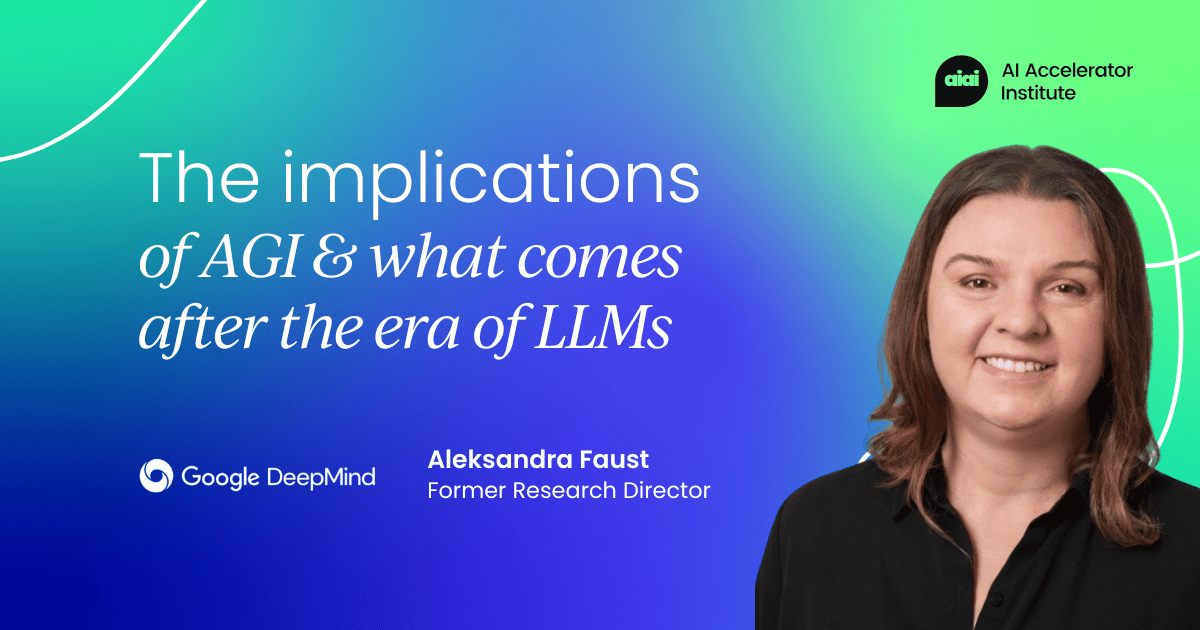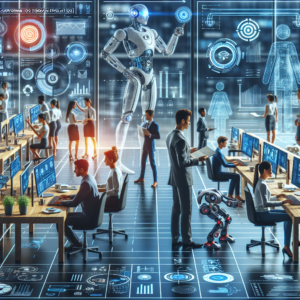Sure! Here’s the translation to American English:
—
In a world where artificial intelligence is increasingly intertwined with our daily activities, a crucial question arises: what happens when machines begin to understand us with the same naturalness with which we understand others? This issue is not merely a futuristic speculation but a tangible reality in the present.
Large-scale language models (LLMs) require enormous investments, surpassing $100 million. Last year, the advancements in this field were such that two Nobel Prizes were awarded in recognition of achievements in artificial intelligence, a clear sign that we have reached a new frontier where AI not only solves problems but also transforms the ways we think, create, and interact.
The evolution of these systems has led to their development from rigid tools that followed instructions to flexible allies capable of reasoning, learning, and, in some cases, exhibiting personality traits. This translates into a significant shift in the interaction between humans and machines, where LLMs are facilitating natural communication, integrating control across different systems, and enhancing their ability to learn autonomously.
A prominent aspect of this advancement is the ability of robots to communicate. While it once seemed that interacting with a robot required specific technical knowledge, nowadays, a simple command like “walk forward slowly” is enough for a robot to respond appropriately, thanks to the competence of language models in interpreting instructions in everyday language.
This development goes beyond robotics. Fragmentation in communication between systems has been a notable challenge in technological progress. For instance, autonomous vehicles operate in terms of steering angles and acceleration, while quadruped robots use joint torques. Creating a code that serves as a universal language could mean a significant advancement in the interaction between various technology platforms.
A clear example of this convergence can be seen in the development of web navigation agents capable of performing complex searches from simple commands in natural language. These systems not only understand requests but also plan and execute necessary actions autonomously, demonstrating outstanding success rates.
However, the growth of these capabilities also raises serious concerns about artificial intelligence security. The possibility that agents can autonomously write and execute code raises questions about control and accountability in their use. This delicate balance between capability and control is essential on the road to developing artificial general intelligence (AGI).
It is clear that the evolution of artificial intelligence is at a critical juncture. As these systems become more sophisticated and accessible, it is vital to consider the implications of their development. The conjunction of capability and intelligence, combined with an ethical and responsible approach, will be crucial for this technology to progress in a way that benefits all of humanity.
—
Referrer: MiMub in Spanish










